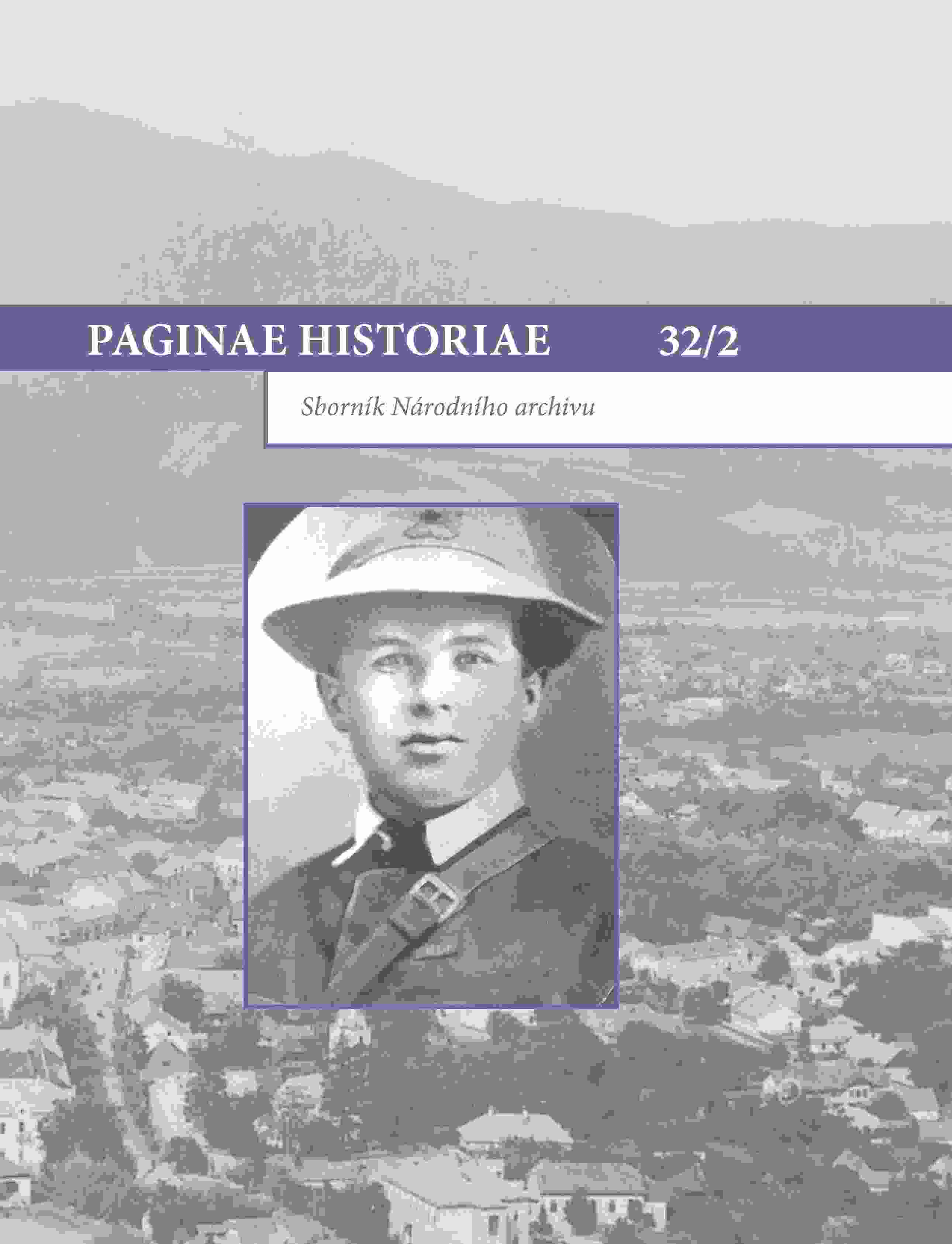"Nereptej, že vyrostl jsi bez vlasti...! Transformace "ruského emigranta" do role "sovětského člověka" v poválečném Československu
Transformation of the „Russian emigrant“ into the role of the „Soviet man“ in
post-war Czechoslovakia
Author(s): Irina ŠulcSubject(s): History, Recent History (1900 till today), Post-War period (1950 - 1989)
Published by: Národní archiv
Keywords: Czechoslovakia 1948-1989; russian emigration; Soviet Union
Summary/Abstract: Contemporary Czech public discourse reinforces the thesis that Russian emigrationas a social structure ceased with the arrival of the Red Army in Czechoslovakiain 1945 and the associated deportation of Russian emigrants to the USSR. Withoutcontradicting the documentary facts of the arrest and deportation of several hundredRussian emigrants, but after studying documents not previously introducedinto circulation of academic knowledge, we can assert that Russian emigration inCzechoslovakia in the first post-war decade did not disappear. Still, after the protectorateperiod it self-reproduced in the Soviet framework, namely in the form of theClub of Soviet Citizens in Prague, Brno and some other cities in the Slovak part ofthe country. On a wave of admiration for the Soviet victory in World War II, but alsofor other, often practical reasons, Russian emigrants who remained in Czechoslovakiaaccepted Soviet citizenship en masse. Within the community, there was a groupof people aiming to leave for the USSR, especially since the Soviet Union, representedby the Consulate of the USSR in Czechoslovakia, carried out such agitation and consistedof conversations with Soviet writers and scientists, tours of Soviet artists andtheatres, regular screenings of films glorifying the Soviet system. However, we are notinclined to believe that people decided to re-emigrate only because of propaganda.After living in a foreign country for a quarter of a century, many people could notaccept the loss of their „lost paradise” and the constant need to redefine themselvesin a different socio-cultural environment. The process of departure was gradual.The first echelon, together with displaced persons, who were often forcibly returnedto the USSR, was the last secretary of Leo Tolstoy, Valentin Bulgakov, who was inexile as a citizen of the USSR. The best known to us was the train that went withthe re-emigrants from Prague to Uzbekistan in 1955. Unfortunately, it is impossibleto determine how many emigrants returned to their homeland in the first post-waryears, as there were no separate statistics on emigrants. The activities of the Club of Soviet Citizens ceased in the early 1960s.
Journal: Paginae Historiae
- Issue Year: 32/2024
- Issue No: 2
- Page Range: 218-241
- Page Count: 24
- Language: Czech

